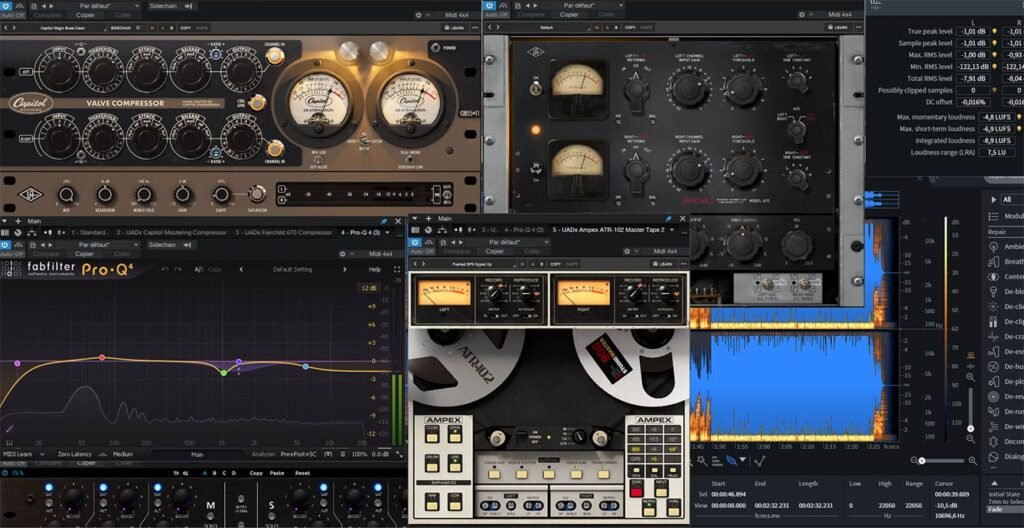REGGAE MASTERING @ MATSUKA DUB STUDIO
You benefit from our advanced technical knowledge coupled to the best tools to deliver industry standard master tracks.
Our added value is making music and studio work since 1984, and evolving from the age of analog tapes, large mixers and vinyls, to the digital era.
Pricing
Single Mastering: Custom pricing, usually around 40 € per track.
EP / Album Mastering: Custom pricing — special bundles available.
Stem Mastering: Custom pricing — special bundles available. Usually around 40–€250 depending on stem count (4 to 12–16 stems).
First Time user ?
Get a reduced price for your first 2 tracks !
Not sur about your mix ?
When we receive a track for mastering, we analyze it and give you feedback about the mix and make sure that everything if fine and that our master meets both your objectives and tour audience expectations.
Latest works
Latest releases showcasing our sound signature for audiophiles as well as for industry standard loudness.
Frequently Asked Questions
What make the price vary ?
The quantity of tracks allows for bundles, ie lower prices.
The mixing quality may require more work than usual : that’s why we give important advices before processing the final master. That way, you save money and learn important mixing technics at the same time.
Is it possible to mix the track with Matsuka Dub Studio before the mastering ?
The recording process (eg drums, instruments, vocals) must be finalized and the tracks must be cleaned and quantized if needed. That’s why mixing is often done by the recording studio or the artist(s) themselves.
However, we understand the need to get a quote and, may be, a lower price than the recording studio, or simply try a different sound.
While Stem Mastering is the favorite approach because it is « almost like mixing », we will be happy discussing mixing needs with you.
